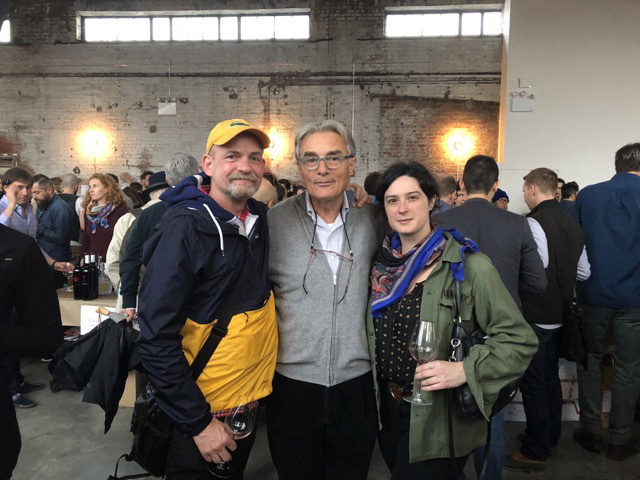
#TLDR
This picture was taken at RAW Wine Fair in Brooklyn prior to the Dark Times. That’s me on the left, my good friend in wine and life, Noell on the right, and the late, great Lorenzo Corino. At Casa Corini in Italy’s Piedmont region, Lorenzo crafted wines of incredible depth, nuance and…life. All using truly sustainable viticulture and natural winemaking. His un-sulphured wines no doubt would compare favorably to the historic wines of any region in the world…as they were made 100s of years ago when their reputations were established—and when they were made without sulphur addition, were produced from fruit farmed organically and found markets around the globe. Lorenzo’s wines and I have crossed paths many times since 2000 when I was managing partner in The Wine Bottega in Boston’s North End. My goal then was as now, to bring #delicious, top-quality, value-oriented wines to anyone willing to just try one of my selections. Natural was barely a factor then; we focused on little known regions and grape varieties around the world, a similar approach to that of California winegrower Matt Rorick of Forlorn Hope. Organic and Biodynamic viticulture slowly but surely came to dominate our selections. Later proprietors shifted the focus to “natural” as those wines became available in Massachusetts.
Prior to The Wine Bottega—still an awesome wine shop by the way—I managed one of those tome-like wine lists containing 100s of Bordeaux and Napa Cabernets with multiple verticals, some going back over 50 years. I fell in love with Marcel Lapierre in Beaujolais, Comte Armand and Domaine des Comtes Lafon in Burgundy, Gaja Barbaresco and many others. An excellent education in the classics by any measure; but there were only a handful of antipodal wines—all Penfolds Grange—so not really comprehensive in the contemporary sense. I first knowingly drank a wine fermented with ambient yeast while working at the Capital Grille: Franciscan “Cuvée Sauvage” Chardonnay, to this day, one of the my top Chardonnays ever. I also worked at one of Boston’s most important—and delicious—destinations where fat ruled, and learned that there are wines that go with the buttery beasts California Chardonnay producers made in the 1990s. I, along with the times, have changed considerably, but I am still a Chardonnay “slut.”
Along the way, craft beer exploded. Yes, I was serving Chris Loring’s (of Notch Brewing in Salem) Tremont Ale long before 2009 (like over 20 years before) when I took over management of another shop in the North End. Back then, it was all West Coast IPA and Trappist beer and Imperial Stout and cult-like followings for brewers everywhere—even Denmark—but not so much in New England (with exceptions, naturally, but you wouldn’t find them in your local packy). Now, New England brewers are leading the way in numerous beer styles including Lagers, Session Beers and the ubiquitous hazy IPA. Perhaps, some day soon, Portland Maine will be recognized as the USA’s top beer destination! With such a wealth of incredible beer available in New England, it hardly seems necessary to offer beer from anywhere else, especially when considering carbon footprint.
My deep dive into natural wine has progressed rapidly over the last ten years. In my wine position before opening Fermenta, I managed a wine list of over 200 wines, and fully 30% were produced without sulphur addition, oh, and there were verticals, too. There were always at least 6 sulphur-free wines offered by the glass. I got to know some of the most inspiring and passionate winegrowers, people so focused on their craft, that the term “low intervention” became virtually meaningless. The producers I work with now are alert to every tiny factor that can, will or might affect their wine; they may not “intervene” so much, but to think, as the term implies, that they just stream videos while the wine makes itself, is absurd. Chemicals make winemaking easier, not the reverse. Personally, I’d rather it be a human that makes the difference, not herbicides, fungicides, pesticides, custom-built yeasts, enzymes, yeast nutrients, stabilizers, colorants, spinning cones and drones. At the end of the day, though, for many in the wine world, winemaking is a livelihood, and bills have to be paid; there are mouths to feed and roofs to fix, so sometimes, a little intervention is necessary. I like to call the wine program at Fermenta “natural adjacent” (credit here to friend and author Aaron Ayscough) because some challenges are insurmountable otherwise
For me the obvious next step is sustainability. Whatever your thoughts on the matter, the climate is changing. It may be part of a natural cycle or it may be the defining feature of the Anthropocene. No matter the cause, any steps we can take to mitigate the effects of a changing climate are worth pursuing—they may make this planet a safer place for our grandchildren and their grandchildren. Winegrowers and farmers of all kinds everywhere on earth know that change is afoot. Harvest dates are earlier year after year, droughts last longer, spring frosts are more extreme coming after periods of unseasonal warmth, rainstorms are more intense, and formerly cool-climate regions are producing the ripest fruit in, like…forever. And producers in warmer regions (talkin’ to you, California) are resorting to ever more extreme methods to reduce alcohol in their wines (without harvesting earlier). And please, let’s not get into the completely artificial and high intensity manufacture of low-alcohol wines currently being promulgated by supermarket brands and the like. The carbon footprint alone of these “wines” should scare you away. There are plenty of naturally-produced wines with low to average alcohol; just look at the label, as ABV is required by law to be listed…somewhere.
So, what steps are being taken to reduce wine’s carbon footprint? Regenerative agriculture aims to capture carbon in soil, and current research suggests it works; more and more vineyards are accepting this idea. Gravity flow in wineries reduces fossil fuel consumption as does solar, wind and geothermal power. Animal power is less carbon intense than machinery if properly managed. But the biggest contributor to wine’s carbon footprint is packaging and shipping. Guess what? Shipping wine from South Africa to the USA has a lower carbon footprint than trucking it across the country—unless it’s by train, which is problematic of late. Winegrower’s efforts to reduce their footprint—and costs by the way—include alternate types of packaging and innovative shipping methods. Wine is now coming across the ocean in sailboats! If the wine is meant to be consumed early, why not ship it in tanks or giant bladders and have it packaged at its point of consumption? And bag-in-box: no heavy glass, less cardboard, no empty space around the neck of the bottle which contributes to volume, which means less wine per cubic inch shipped, etc. What about glass? Believe it or not, there’s a glass shortage on the planet. No, the Sahara is not the answer, it’s quartz, not silica. Aluminum is the best, least objectionable option. A google search—or AI chatbot query—may suggest otherwise, but really aluminum is the answer…for now. Aluminum is the most likely to be recycled; its light weight makes it less carbon-intensive, requiring less energy and fossil fuel to ship and somewhat mitigates the intensity of its original mining and production. Back in the day, no craft beer devotee would consider craft beer in a can; in my experience, it was virtually unsellable. Well. Is wine any different? No, unless the wine sucks, which will never happen at Fermenta. But canned wine is gaining market share every day. “Natural” wine in a can? It’s happening here and everywhere. There are choices.
To close an energy-intensive diatribe, I invite you to discover wines, beers, ciders and sakes thoughtfully produced with an eye on the future of our planet, the place our children and grandchildren will occupy, for good or ill. You shop at farmers’ markets, Formaggio Kitchen or Whole Foods; you use apps like Yuca (amongst others); you may even make your own baby food. Processed foods are often the least best answer to satisfying your hunger, so you avoid them. Wine and beer and other “spirited” beverages (Johnny Walker is testing paper bottles, as is Carlsberg brewery) need to be considered the same way. All the “named generations” have come up against one “movement” or another promoting a healthy/sustainable lifestyle in some way. Spend some time delving deeper into the claims of…every company/organization you can name, then decide for yourself. The future is in your hands, and if you enjoy wine and beer, think about a sustainable approach that is chemical free, and in the end, more delicious.
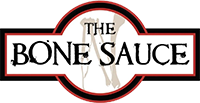


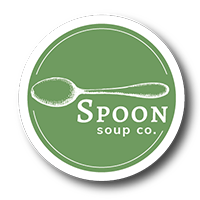








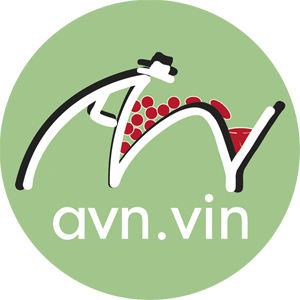
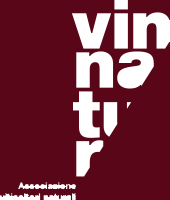




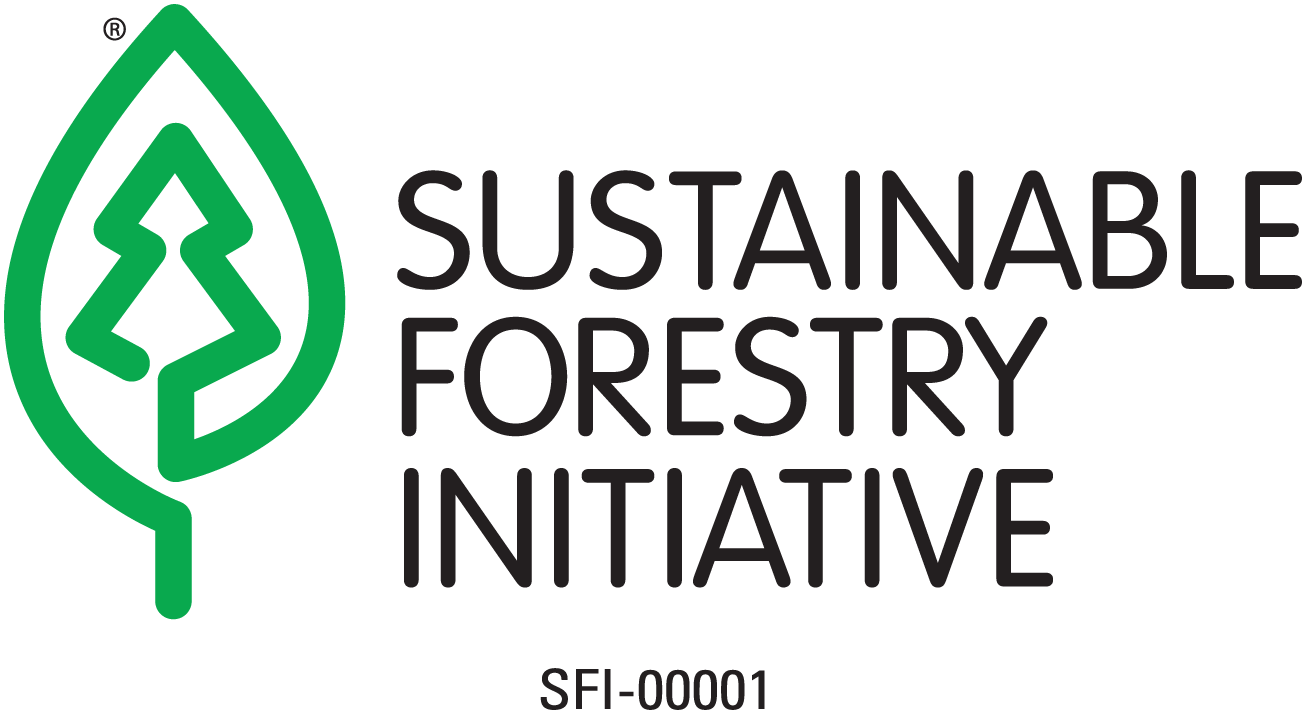
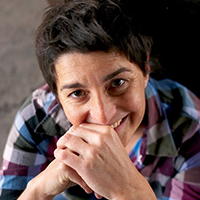



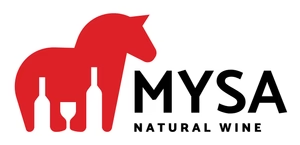





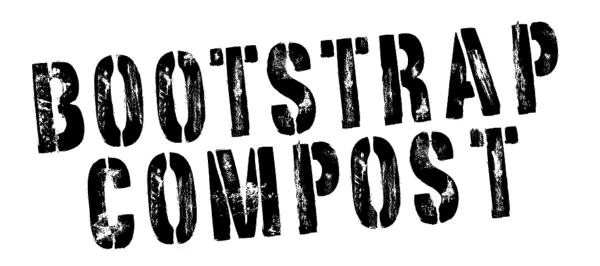


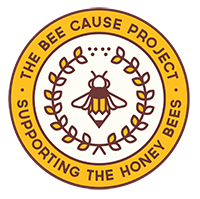
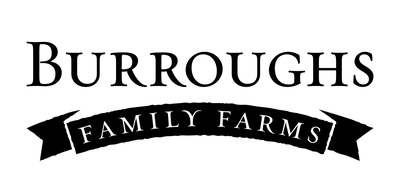



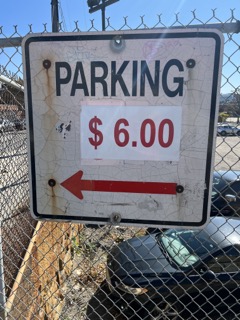 The best way to get here is to take the Orange line, as Fermenta is just footsteps away from Sullivan Station. Yes, the Orange line has seen its share of troubles, but really, it’s working fine now. I take it every day from Chinatown, and it takes less than 20 minutes door to door.
The best way to get here is to take the Orange line, as Fermenta is just footsteps away from Sullivan Station. Yes, the Orange line has seen its share of troubles, but really, it’s working fine now. I take it every day from Chinatown, and it takes less than 20 minutes door to door.